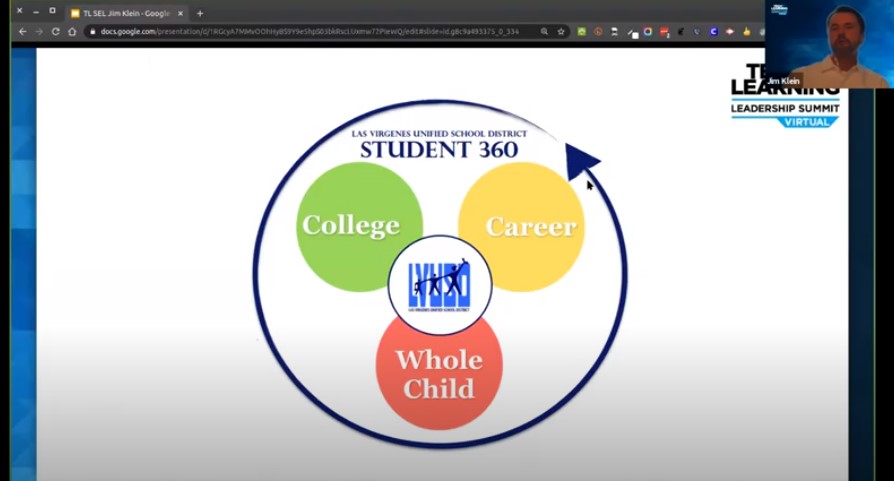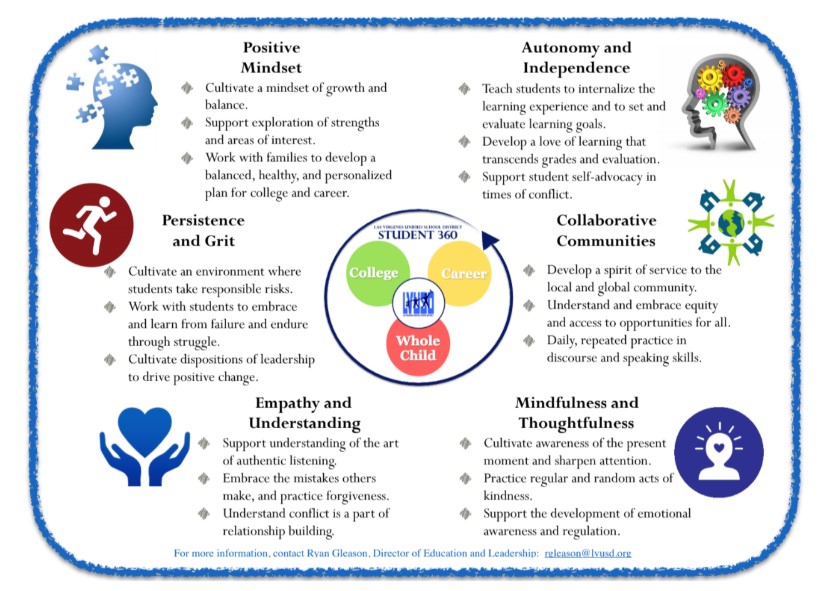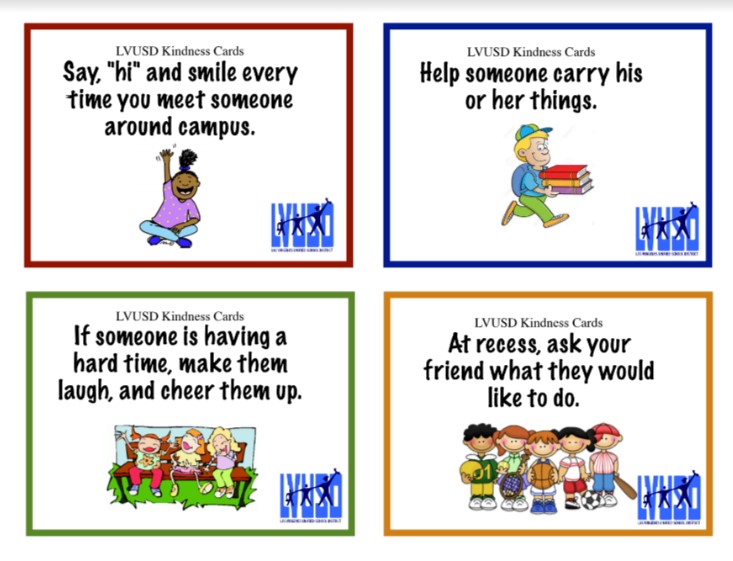How to Remotely Support Social-Emotional Learning
Social-emotional learning during remote learning will be a challenge school districts

With students isolated during remote learning, the focus on their mental well-being and social-emotional learning has never been more critical.
To help support that, best practices, advice, and resources to address social-emotional learning was the focus of “Social-Emotional Learning,” a presentation during Tech & Learning’s recent Virtual Leadership Summit, which provided an environment in which district leaders could share their successes and challenges in facilitated small group discussions.
Watch the full session
View slide deck
Key Takeaways
Whole child approach. “We recognized that although all the college and career preparation is important, kids won’t really be successful unless we consider the social-emotional aspects as well,” said Jim Klein, CTO of Las Virgenes USD in California, during the presentation. To support that, the district developed its Student 360 program, which features six key components: positive mindset; persistence and grit; empathy and understanding; autonomy and independence; mindfulness and thoughtfulness; and collaborative communities. These points are listed on a card that is given to teachers each year as a reminder to include the components in lessons when possible. The backside of the card features principles and student vital actions, such as, “All students participate, and are present and focused on the learning.”

Setting SEL standards. Once the principles were set, the district moved toward establishing scope and sequence based on ASCA National Standards for Students. For each standard, resources such as videos, guidelines, activities, charts, and websites are provided. “It’s important to not only establish the standards, but provide the resources and tools for teachers to be successful,” said Klein. “It’s a big topic and it’s not something that we’re always trained to do.”
Tools and ideas to transform education. Sign up below.
Intentional acts of kindness. The district has created more than 40 “kindness cards” for elementary school students that provide activities to encourage positive SEL behavior. Teachers distribute the cards before lunch and ask the students to perform the activity, such as “Help someone carry his or her things.” The cards encourage students to reach out and connect with one another. In addition, the district has restorative approaches cards to handle conflicts and generate conversations.

Reaching out. The district has also developed Community 360, a website and an app for parents and families that provides resources, events, activities, programs, virtual books, and more to encourage SEL. Through grants, the district also created a counseling site that offers certified counselors to provide support for families and students.
Summer programs. Klein also detailed some of the summer SEL-related activities the district provided, including virtual camps, book clubs, and dance classes.
Virtual transition. One of the challenges has been moving SEL activities into the virtual environment. Districts that hadn’t been actively engaging in an SEL program may find big challenges in launching a new one remotely. Training has been particularly hard, said Klein, such as trying to have teachers learn how to remotely navigate breakout rooms. Also identifying which kids need help with SEL is a big challenge in a remote learning environment.
Focus on K-2. In order to provide good SEL for the youngest learners, teachers of those grades in Las Virgenes USD have been collaborating so that all the students are experiencing the same activities and support. One challenge will be continuing these programs once classes return to normal, said Klein, as parents return to work and may not be able to provide the same level of support.
Ray Bendici is the Managing Editor of Tech & Learning and Tech & Learning University. He is an award-winning journalist/editor, with more than 20 years of experience, including a specific focus on education.
